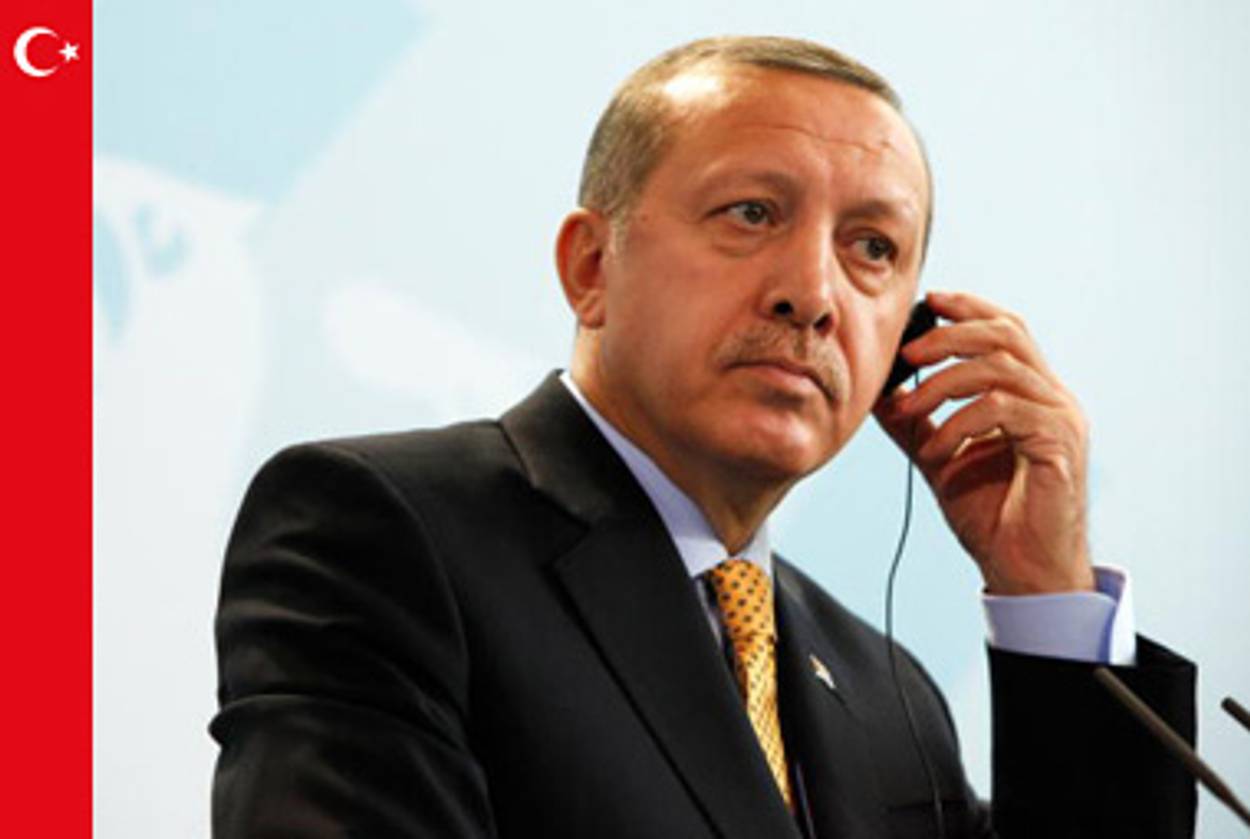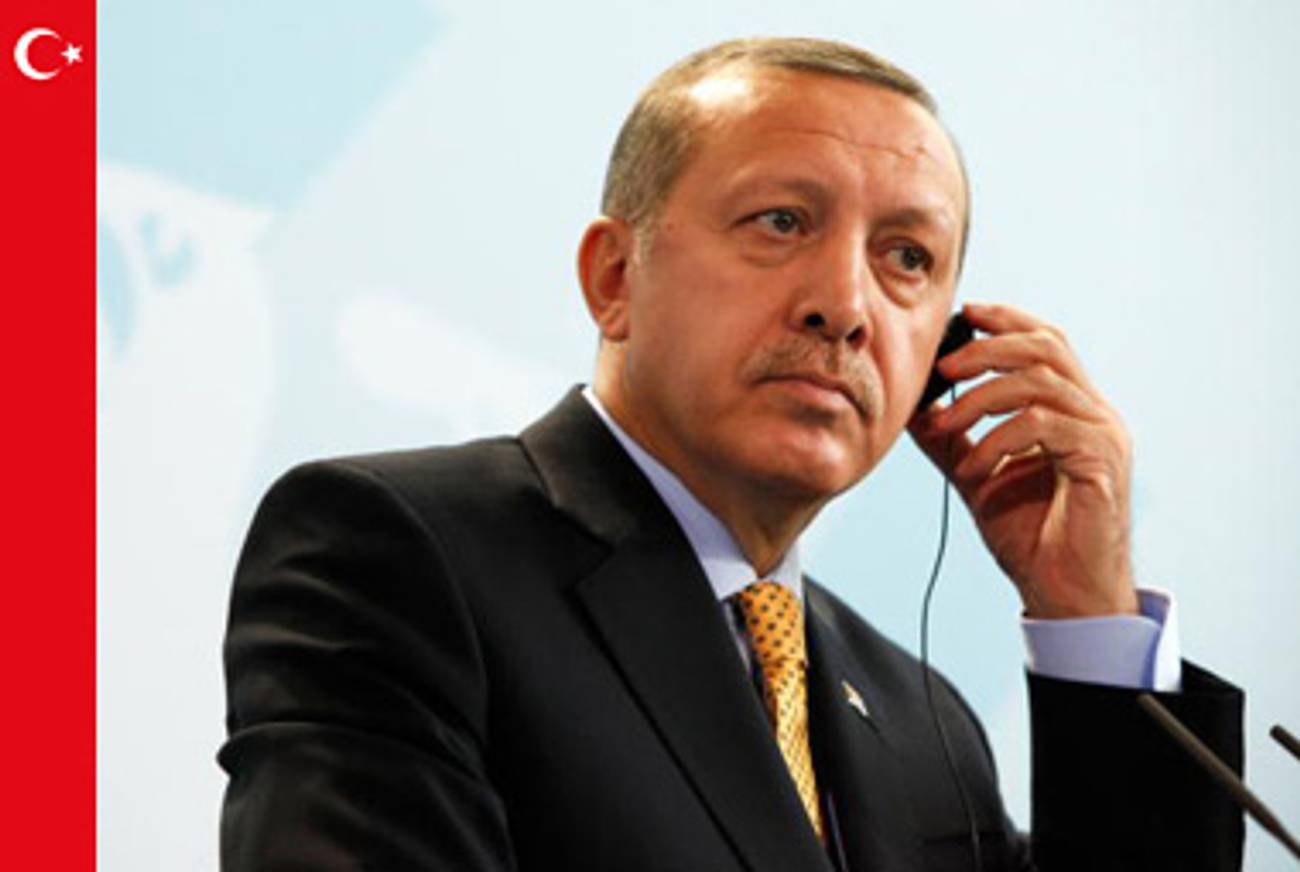Talking Turkey
Inside the West’s once-ally




In fewer than two years, Turkey has gone from America’s favorite example of a tolerant Muslim democracy and Israel’s closest Muslim ally to criminalizing dissent, arresting its domestic political opponents, and cozying up to Iran. The government led by Prime Minister Recep Tayyip Erdogan has made a mockery of the country’s judicial system while continuing to fight a brutal war against the indigenous Kurdish population and denying the Armenian genocide. In this last crime, many of the most prominent groups representing American Jewry have been complicit. This week, Tablet Magazine explores the fate of minority groups inside Turkey, in the hope of illuminating a country that policymakers in both the United States and Israel—and American Jews—appear to have badly misunderstood.
Outside its territory, Turkey has given aid and cover to Iran’s nuclear ambitions while trying to assert its leadership over some of the most radical forces in the Middle East. Turkey launched a series of salvos at Israel, beginning with Erdogan’s furious verbal assault on Israeli President Shimon Peres in Davos and culminating in the Gaza flotilla martyrdom mission of the Mavi Marmara, which was planned and staffed by the IHH, a Turkish fundamentalist organization with close ties to Erdogan’s government. Meanwhile, the question of who “lost Turkey” has become a political football between the United States and Europe—with Defense Secretary Robert Gates recently blaming the E.U.—and has disrupted President Barack Obama’s hopes of constructing a pro-American security architecture to follow the U.S. withdrawal from Iraq.
The transformation of Turkey from close military and strategic ally to bitter public enemy may be the most consequential blow Israel has sustained in the past decade: Unlike the Second Lebanon war, Operation Cast Lead in Gaza, or last summer’s flotilla incident, the recent shift in foreign relations is not just a public relations disaster but a fundamental change in the regional order, which has turned a powerful friend into a determined enemy.
Coming this week:
Monday, October 18: “Another Israel.” James Kirchick reports from Kurdistan on the plight of the Kurds, and their affinities with Jews.
Tuesday, October 19: “State of Denial.” Peter Balakian, author of among other works Black Dog of Fate, sees a moment for Israel to reconsider its stance on the Armenian genocide.
Wednesday, October 20: “Veiled Threat.” Columnist Lee Smith talks to Harvard economist Dani Rodrik about the Ergenekon Affair, and the prospects for Islamism in Turkey.
Thursday, October 21: “Asia Minority.” Aliza Marcus, author of Blood and Belief, checks in on imprisoned Kurdish leader Abdullah Ocalan, and examines why Erdogan is losing control of the Kurdish problem.
And more.
Click here to view all articles in this series.
From the editors of Tablet Magazine.